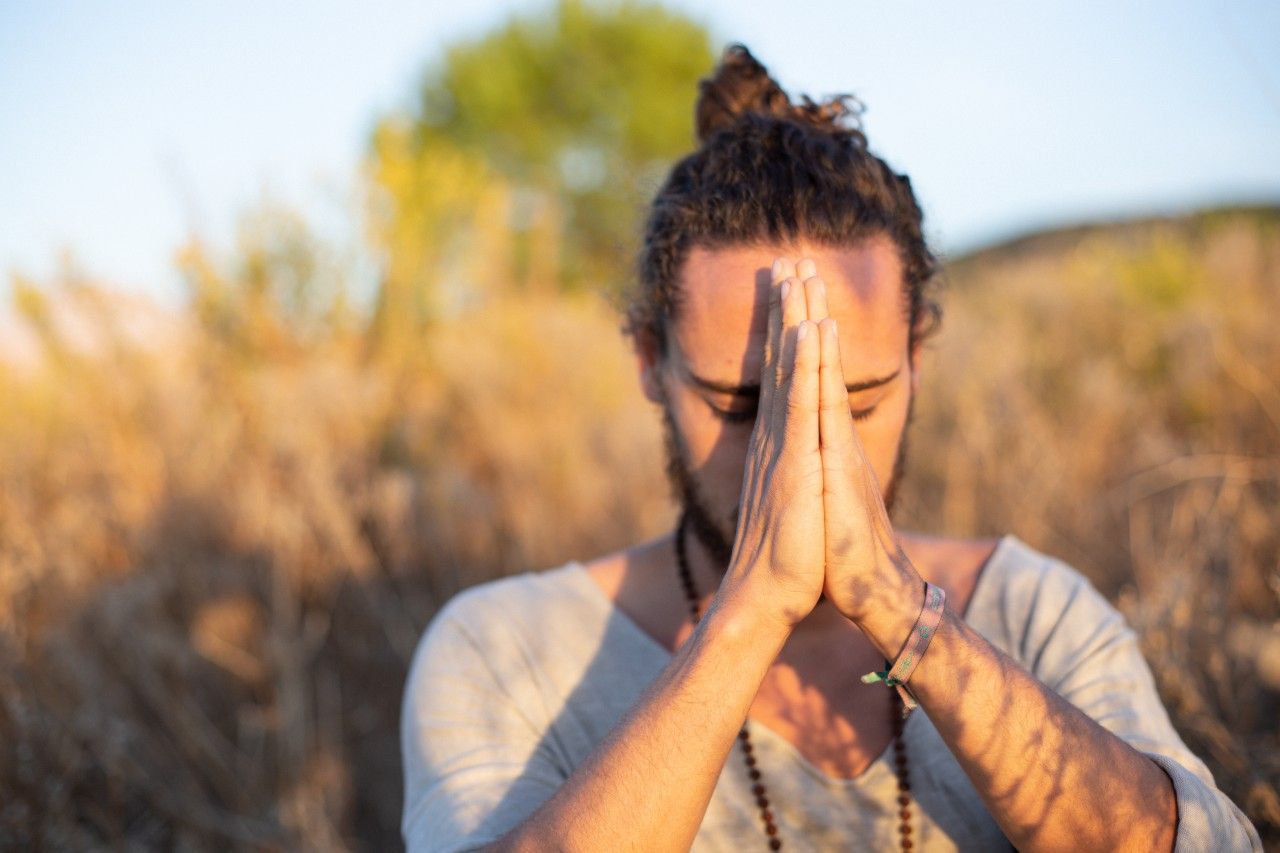The Yoga Sutras have more to offer us than you might realise. As well as outlining the Eight Limbed Path of Yoga, which is the journey to help us find enlightenment they also teach us the five main obstacles on the Path. These are the things than can present barriers in your yogic path, and they are known as kleshas in Sanskrit.
Here’s a bit more about each of them, and how you can begin to overcome them:
Avidya is the main culprit, from which all of the other kleshas are generated. In Yoga, ignorance is considered to be a lack of knowledge of the true nature of things. We can only be ignorant until the knowledge of who we really are is imparted to us. Ignorance at this stage is just a condition, not a fault.
However, once we have heard the Truth, we no longer have an excuse to act out of ignorance. Studying the Yoga Sutras is one way in which the truth can be revealed to us. If we do not learn from that knowledge, we are stealing from ourselves, because we are knowingly not living up to our highest truth. Ultimately this will create samskaras, or mental impressions, which can negatively influence our future actions.
The wisdom or knowledge (vidya) that is revealed in the first few verses of the Yoga Sutras is that we are wrongly identified with a separate sense of self (the “me” or “I” that we take ourselves to be) and that who we are, in reality, is divine consciousness or the Seer itself. (Sutra 1:3 Tada drashtuh svarupe avasthanam).
Fundamental ignorance of who we really are gives birth to Asmita or ego. The ego is a false persona that we have strongly identified with. It is made up of memories, conditionings, concepts, ideas, neurosis, fears and desires. In yogic philosophy, it is always very limited and contracted. It is never a positive thing.
The ego leads to all manner of selfishness and destructiveness. It wants to defend itself and protect its perceived territory. It always wants to be right.
We consider these two kleshas together because they are like two sides of one coin. Sometimes we feel indifferent towards other people and events, but more commonly we have emotional reactions to things.
Raga is being attracted to, deriving pleasure from, and desiring more of a certain person, thing or event. On the other hand, dwesha is the experience of dislike, repulsion, and a desire to avoid a person or an event. Either way we are trapped, as we bounce between these two opposing emotions, either craving things or trying to push them away. Understandably, human beings seek pleasure and try to avoid pain. However, when we do this, we are basing our happiness on external events. This is a recipe for unhappiness, since we have no ultimate control over external events.
So if we are truly practising Yoga, we come to understand the futility of raga and dwesha; they only bring about suffering, as we get caught up in the resulting emotional roller coaster. Instead, we can choose to wisely step back and become the witness, watching our desires and aversions arise and fall away, and not allowing ourselves to be caught up in them. In time, everything arises and everything falls away. The wise man knows this and lives his life accordingly.
We cling to life because of ignorance and a strong identification with and attachment to, the ego or separate sense of self. We think we are this body and we fear that who we are will disappear with it when it dies. In Yoga it is known that who we truly are was never born and cannot die, because we are the eternal, changeless Self. Once we know this and identify only with our essence or true Self, we will no longer fear death. We understand that although the physical body will perish, our spirit or soul is eternal.
Following the Yogic Path has much more to offer than simply the physical benefits of practice on the yoga mat. Exploring these ideas through meditation, studying the Yoga Sutras and working with experienced teachers has the potential to transform your entire approach to life.
Empty space, drag to resize
Vidya Jacqueline HeiselDirector of Suryalila Retreat Centre and Frog Lotus Yoga International,
Yoga Teacher Trainings.
This article was first published in The Om
Inspired to learn more? Vidya leads Yoga Teacher Training courses, in which meditation is valued daily practice.


